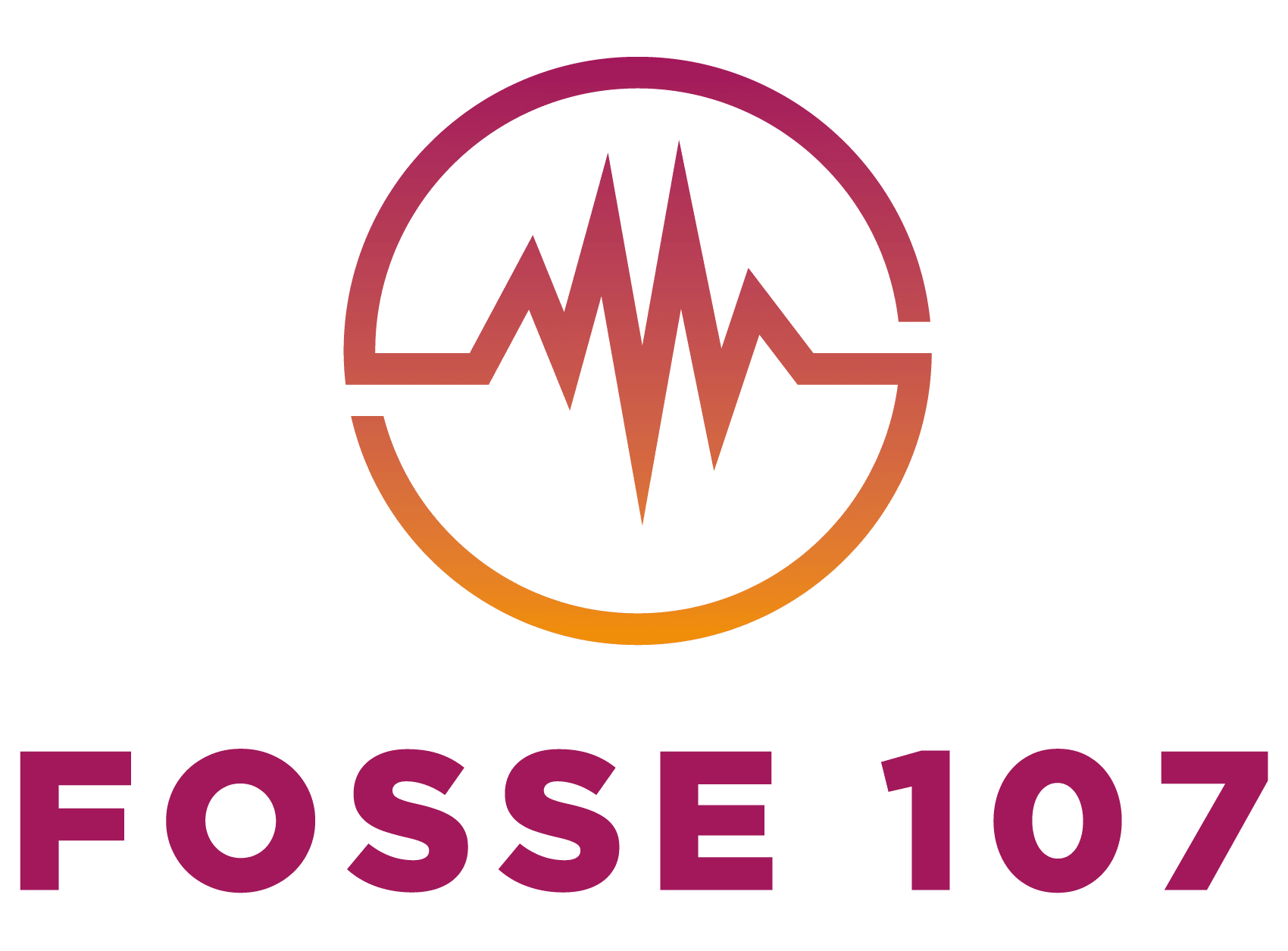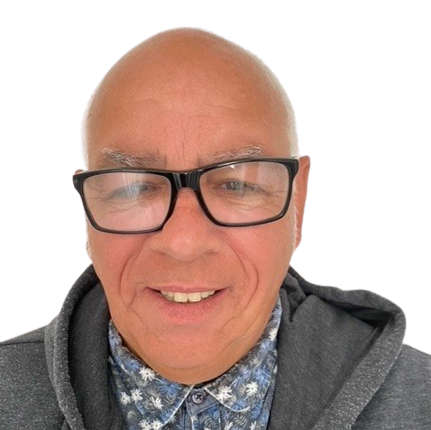
Regulators have approved the first clinical trials of puberty-blocking drugs in children since their use in gender clinics was banned following a major review last year.
Evidence for use of hormone treatments in children wanting gender transition was "built on shaky foundations", according to Dr Hilary Cass, who led the NHS England review of gender services from 2020 to 2024.
The new trials, being led by King's College London (KCL), have been designed to investigate both risks and benefits of giving the drugs to children referred to gender clinics.
"Young people with gender incongruence and their families have told us that they do not have the information that they need to make informed choices about their care," said Dr Michael Absoud, deputy chief investigator for the study at KCL.
"The new studies launched today will give us more information specifically about puberty suppression and will closely monitor any impact on young people's development."
The use of puberty-blocking drugs became controversial following a significant rise in children being referred to NHS gender clinics.
According to the Cass Review, referrals to gender services rose from 210 per year in 2011 to more than 5,000 per year by 2022.
Doctors' groups expressed concerns about the potential harms of the drugs, ranging from bone loss to later problems with fertility or even crucial brain development during puberty.
Some even argued that a clinical trial such as those approved today would be unethical given the potential risks.
Transgender groups argue the review, and much of the current medical establishment, have consistently downplayed the benefits of gender-affirming care.
The current ban on puberty-blockers for gender treatment in children only allows their future use in clinical trials such as these.
The Pathways trial aims to recruit around 250 children under 16 referred to NHS gender services in England and Wales. They are in discussions about recruitment from the NHS in Scotland and Northern Ireland.
Eligible children must have experienced at least two years of "gender incongruence" and started puberty, as well as be able to give informed consent.
Consent will also be required from at least one parent or guardian.
The trial will compare those receiving puberty-supressing drugs and non-medical care with those receiving non-medical care alone and follow the participants for two years.
The researchers confirmed today that despite the current ban, some of the children receiving treatment as part of the trial could be allowed to continue if it is deemed "clinically appropriate".
A further trial, called Pathways Connect, will focus on the brain health of a subset of the children included in the wider trial.
Read more from Sky News:
PM urges 'extreme caution' on gender treatments
Thousands defy ban to join Pride march in Budapest
Researchers will scan their developing brains as well as assess their thinking and brain health.
"Clinical care should always be underpinned by robust evidence, and this study will help provide a better understanding of how to treat and care for young people with gender incongruence," said Professor Emily Simonoff, chief investigator of the study at KCL.
"We know there are ongoing societal discussions about gender transition, but this research is focused solely on informing and improving healthcare by better understanding how to support the physical and mental health of young people with gender incongruence."
There may be criticism that the criteria for entry into the trial are too strict, said Dr Ronny Cheung, a consultant paediatrician at KCL who is not involved in the trial.
"However, these reflect standard practice in trials involving children and young people, particularly those where there is unquantified risk/benefit in treatment," he said.
The researchers said they expect to have results in around four years.
A spokesperson for the Department of Health and Social Care said: "Young people with gender incongruence need access to high-quality, safe and effective care. We are following the Cass Review, which was clear that the evidence on care for these children is lacking, and proposed this research to help provide it.
"Medical care must always be based on solid evidence, and children's safety must come first."

(c) Sky News 2025: Regulators approve first trials for puberty-blocking drugs in children since ban


 Marjorie Taylor Greene: Former Trump ally turned critic announces sudden resignation
Marjorie Taylor Greene: Former Trump ally turned critic announces sudden resignation
 Marjorie Taylor Greene's sudden resignation shows MAGA is fraying at the seams
Marjorie Taylor Greene's sudden resignation shows MAGA is fraying at the seams
 Sexual abuse victims denied compensation because of their own criminal records
Sexual abuse victims denied compensation because of their own criminal records
 'Silence speaks volumes': Andrew criticised by US politicians after missing interview deadline
'Silence speaks volumes': Andrew criticised by US politicians after missing interview deadline
 From 'Xmas gifts' to piles of cash: How ex-Reform MEP was caught doing Russia's bidding
From 'Xmas gifts' to piles of cash: How ex-Reform MEP was caught doing Russia's bidding
 Devastation left by Hurricane Melissa in Jamaica like a 'world war', says Olympic medallist
Devastation left by Hurricane Melissa in Jamaica like a 'world war', says Olympic medallist
 Judge who wore Elvis wig in court has left the building
Judge who wore Elvis wig in court has left the building
 'COP is a nightmare but best process we've got', says Ed Miliband as climate talks run into overtime
'COP is a nightmare but best process we've got', says Ed Miliband as climate talks run into overtime




